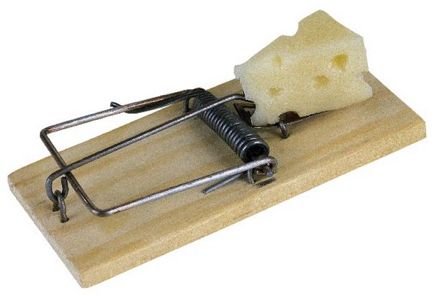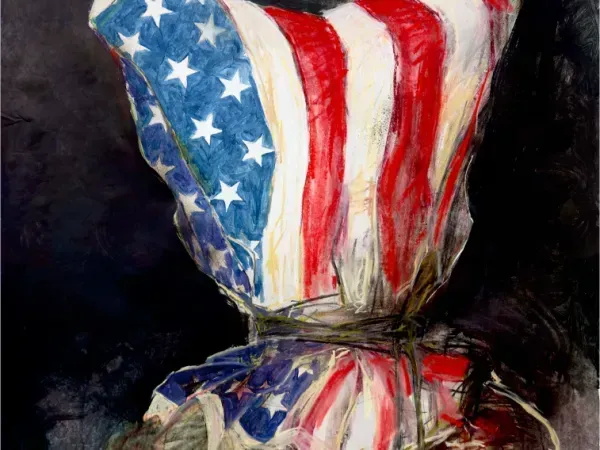
I wasn't feeling particularly pleased with myself the other day when I found dead mice in both my garage and in the cupboard over my refrigerator. I was feeling guilty. I have heard people talk about humanely getting rid of mice, but I wondered if that is just so much poltical correctness or if there really is a morally acceptable way to get rid of them. I posted my musings on Facebook and almost immediately I got a flurry of responses and suggestions. Apparently, everyone has mice. Many people urged me to get a cat, but I also learned that this natural solution is not 100% effective. I also learned that living with mice is not an acceptable alternative. Country mice are no better than city mice when it comes to their being a health hazard. They can transmit salmonellosis and swine dysentery, and, of course, in our region they carry ticks. Harmless they are not. So how do you deal with mice? Leave a comment and share your strategies with us. But first read A Legal Mouse (1907) by Lizelia Augusta Jenkins Moorer, an African American poet who was born in 1861. She understood that killing a mouse is always a moral dilemma, but, she also understood that it's better to laugh than cry. A Legal MouseA lawyer had a legal mouse, A naughty one they say, That took possession of his house And papers ev'ry day, His books and records it would gnaw, Without regard for loss, Its disrespect and lack of awe Just kept the owner cross. When no revenge the man could get, His anger blazed so high, Till he declared when next they met, The mouse would surely die. The murder, all the world should know, He planned with ire intense, To strike the mouse a fatal blow And call it self-defence. One day the desk he opened wide, The mouse in regal state, Sat in a pigeon hole, inside, In style the scene was great. A stroke the lawyer at it gave, A star it made to flee, Into a hole its life to save, To find security. When he had guarded well the hole, It scrambled for the floor, Again he kept it from the goal, Its life endangered more. The door of hope he seemed to close Upon the enemy; Its feelings then, nobody knows, Its longings to be free. Up through his sleeve it made a break, In search of freedom sweet; His arm he then began to shake, To bring it to his feet. His cuff was thrown away, no doubt, The button had to go; His coat and vest he tore about, The mouse had scared him so. All o'er his body, too, he felt The mouse, though such a prig, Himself he then began to pelt, To yell and dance a jig. His thoughts he threw around his will, The same he had not made; He felt uncertain which would kill, Such terror was displayed. The neighbors and the police heard The noise of that affray; And to the spot, without a word, They quickly made their way. Upon his back, between his shirts, The little mouse was found. 'Twas hard, amid' so many flirts, To bring it to the ground. Out of his coat, upon advice, He came, with haste replete. The room-door opened in a trice And made good his retreat. The mouse was taken from its place Of hiding and of dread, So painful was the last embrace, It fell down by him—dead. Then to the crowd the lawyer said, "Of such, my friends, beware, Mine enemy, the mouse, is dead, Such things we all can spare. "The killing, in my case, was one Of self-defence, 'tis true; And, on the whole, I've only done As other men would do; "But still, my hands are red with blood! That mandate, 'Do not kill,' Prevents the waters of the flood From washing off the ill." To all who shall the story read, And many will, I trust, Don't kill a helpless mouse, I plead, Unless the killing's just.








